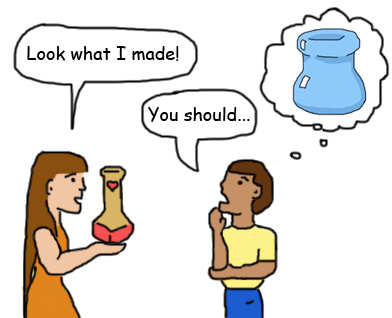I find reading articles as an effective and faster way of learning, I’m a regular (almost daily) visitor of Seth Godin’s blog – short daily write ups that hit the nail on the head. A few days ago I decided to add reading Paul Graham’s essays on my to-do list, these are just two intentional inclusions made asides from multiple articles from HBR, Inc, Entrepreneur, Mashable, Medium, Business Insider, Tech point, Medium…that cross my path daily via social media.
Here are excerpts of three articles I read recently that I recommend you should read too
Projects and Companies by Sam Altman
In the early days of my startup, I used to get slightly offended when people would refer to it as a “project”. “How’s your project going?” seemed like the asker didn’t take us seriously, even though everything felt serious to us. I remember assuming this would stop after we announced a $5 million Series A; it didn’t. I kept feeling like we’d know we made it when people started referring to us a company
I now have the opposite belief. It’s far better to be thought of—and to think of yourself—as a project than a company for as long as possible…
Companies sound serious. When you start thinking of yourself as a company, you start acting like one. You worry more about pretend work involving things like lawyers, conferences, and finance stuff, and less about building product, because that’s what people who run companies are supposed to do. This is, of course, the kiss of death for promising…
The best companies start out with ideas that don’t sound very good. They start out as projects, and in fact sometimes they sound so inconsequential the founders wouldn’t let themselves work on them if they had to defend them as a company. Google and Yahoo started as grad students’ projects. Facebook was a project Zuckerberg built while he was a sophomore in college. Twitter was a side project that started with a single engineer inside a company doing something totally different. Airbnb was a side project to make some money to afford rent. They all became companies later…
What I learned was, we should work on side projects that interest us and it’s okay to see them as projects, not necessarily as companies even though they could turn out to be companies. This helps ease the unnecessary pressures and disturbances that building a company would bring.
How to get Startup Ideas by Paul Graham
The way to get startup ideas is not to try to think of startup ideas. It’s to look for problems, preferably problems you have yourself.
The very best startup ideas tend to have three things in common: they’re something the founders themselves want, that they themselves can build, and that few others realize are worth doing. Microsoft, Apple, Yahoo, Google, and Facebook all began this way…
This article is quite long, I suggest you read it to conclude it, Paul Graham goes on to explain misconceptions about startup ideas and ended with a simple admonition to
Live in the future and build what seems interesting.
Six Principles for Making New Things by Paul Graham
Here it is: I like to find (a) simple solutions (b) to overlooked problems (c) that actually need to be solved, and (d) deliver them as informally as possible, (e) starting with a very crude version 1, then (f) iterating rapidly.


